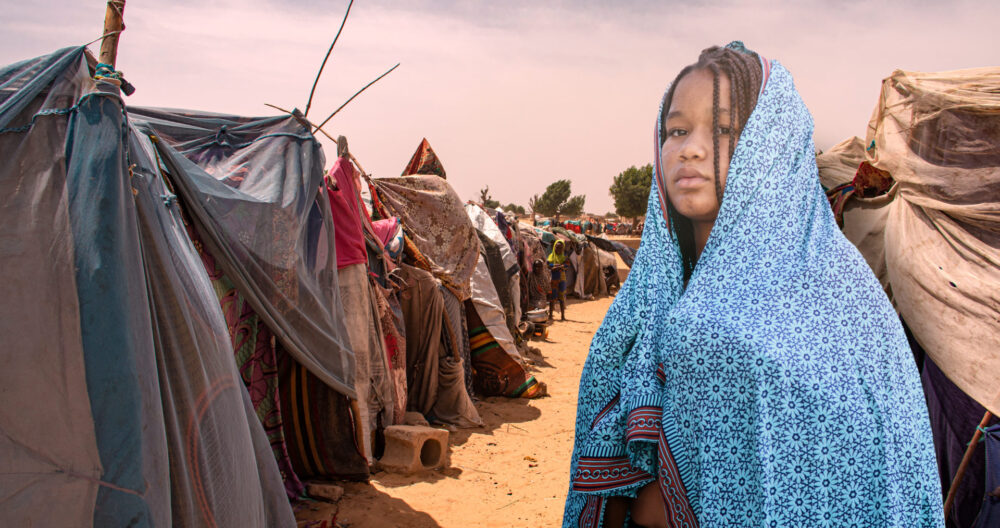The research culminated in a report that shows why women seeking asylum should be involved in making changes to the asylum system.
The British Red Cross is the UK’s largest independent provider of services for refugees, asylum seekers, vulnerable migrants and survivors of trafficking. Its policy and advocacy work helps make sure people seeking protection in the UK are treated fairly and with dignity.
The organisation’s research helps politicians better understand issues facing the UK – with a wider aim of informing government policy.
The Challenge
The New Plan for Immigration was announced in March 2021, and came alongside a commitment from the Government to protect vulnerable women and children. However, there were no references throughout the plan for gender-specific provisions. This meant that the lived experiences of women had not been consulted, nor considered.
The New Plan proposed changes to the asylum system to make it more fair, but there were no plans to ensure that the needs of women and girls would be met. The British Red Cross, alongside the Voices Network wanted to help change this.
Savanta were commissioned to design and deliver a project that placed the voices of women who have navigated, and are still navigating the asylum system in the UK, at the centre of this research.
Our approach
In order to do this, we co-moderated in-depth interviews and workshops with women who have first-hand experience of the asylum system.
In conjunction with the British Red Cross and the Voices Network, we first facilitated design workshops with women with lived experience, discussing the goals and objectives of the research and shaping the discussion guides later used in focus groups. Savanta also collaborated with, and supported women from the design stage to become moderators throughout fieldwork – effectively working as partners.
In the analysis stage of the research, another workshop with those who took part in the design and moderation was conducted. Having engaged with women with lived experience and by listening to their stories, we could identify both the reality of their experience and the real policy recommendations that should come of it.
We also conducted general public polling, which revealed that two thirds of UK adults agreed it is the government’s duty to ensure the voices of people with experience of the asylum system are heard when it comes to making changes to the UK’s asylum system.
The outcome
The research culminated in a report that shows why women seeking asylum should be involved in making changes to the asylum system.
It outlines 17 recommendations, with the key overarching recommendations being to:
- Develop and publish a strategy to ensure women seeking asylum are always engaged throughout the current reforms
- Invest in peer-to-peer asylum guides
- Ensure that guidance on responding to gender in asylum applications is implemented and monitored effectively.
Crucially, this report recommends that these women, the experts by experience, should be involved in policy development.
The full report – “We want to be strong, but we don’t have the chance” – is available to download here.





